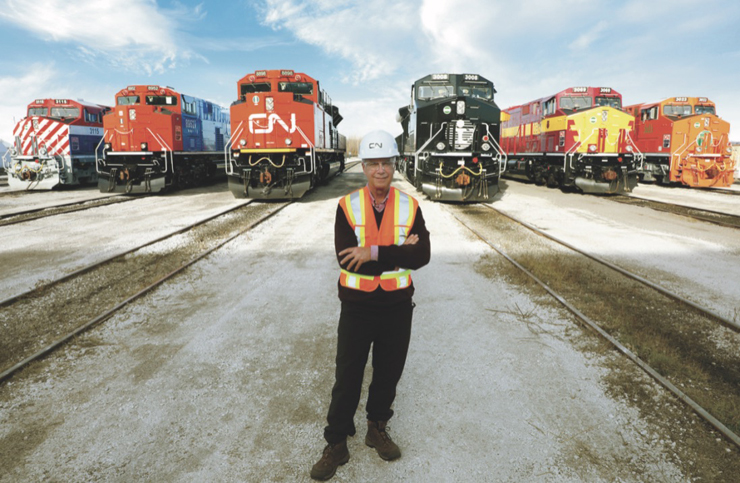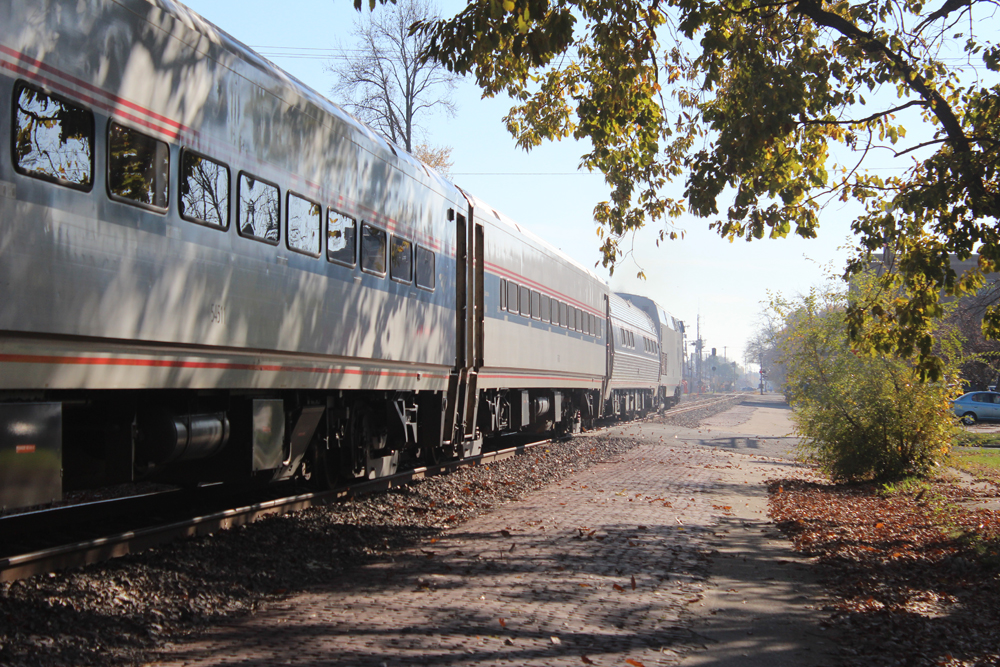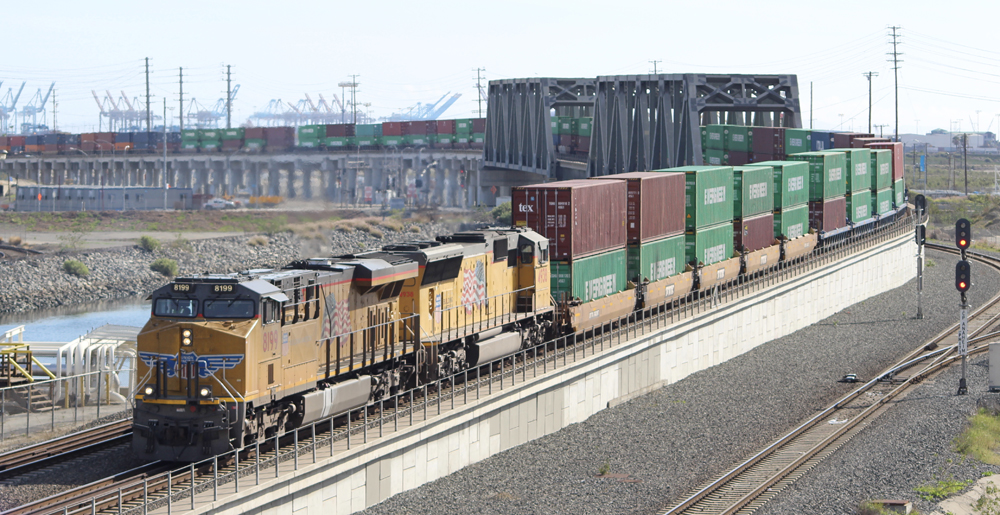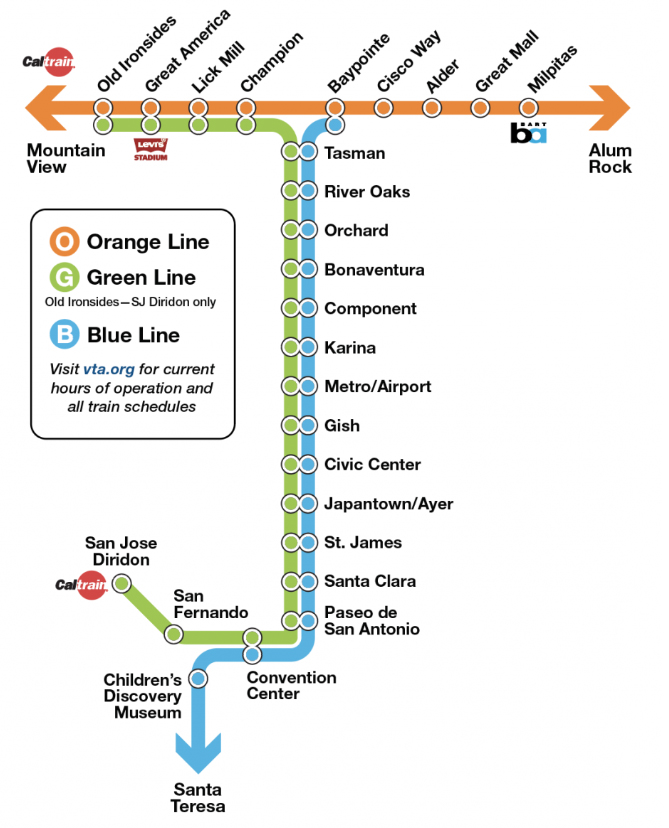
Norfolk Southern needs to make some concessions to activist investor Ancora Holdings if the railroad wants to maintain control of its board and keep its current management team, retired Canadian National CEO JJ Ruest says.
Ruest knows a thing or two about proxy battles: He tamped down activism from one of CN’s largest investors after the railway failed to acquire Kansas City Southern in 2021.

Activist investors run the same playbook, Ruest says. “They always take the CEO, right? So they go after the CEO, they attack his integrity, his personality. They do the same thing to a small extent with the chairman,” he told Trains in an interview last week. “They’re looking for anything that looks like a flaw.”
In CN’s case, the London-based TCI Fund sought to oust Ruest and Chairman Robert Pace, proposed a slate of four directors, and backed former CN Chief Operating Officer Jim Vena for CEO. CN ultimately added one of TCI’s board candidates, named former Canadian Pacific executive Tracy Robinson chief executive, and Ruest retired as planned in March 2022.
Ruest questions whether NS CEO Alan Shaw can survive withering criticism from Ancora. But he says NS would help its case if it added Ancora candidates Sameh Fahmy and John Kasich to the board.
Fahmy, a former CN and KCS executive, has Precision Scheduled Railroading credibility on Wall Street, Ruest notes, while having former Ohio Gov. Kasich on the board would be a wise political move in the wake of the fallout from the Feb. 3, 2023 hazardous materials derailment in East Palestine, Ohio.
“Other investors who are maybe sitting on the fence for that proxy fight would say, ‘Hey, they’re making an effort. They’re bringing in a PSR guy, Sameh. They’re bringing in somebody who’s well connected in Ohio … They’re making an effort to improve, so I will not vote with the activists,’” Ruest explains.
Staying the course, as NS is doing now, is not a winning strategy, Ruest says.
With just five publicly traded Class I railroads, it’s easy for an activist investor to spot and target the railroad at the back of the pack. “Whoever falls in the doghouse … it’s a matter of time before a hedge fund goes after you,” Ruest says.
East Palestine became a convenient excuse for Ancora to spring into action, Ruest says. “But the issue is really that the NS had been dragging behind for quite a bit of time and … so this was going to happen no matter what,” he says.
Much of the financial and operational criticism Ancora has leveled at NS also was made back in 2015-16 when then-Canadian Pacific CEO E. Hunter Harrison sought a hostile takeover of Norfolk Southern.
Regulatory obstacles ultimately blocked a CP-NS merger. But now NS enjoys no such cover. And last year its operating ratio was 76.5%, which was 10.9 points above the industry average. “You don’t have to be the lead, but you cannot be so much behind the others,” Ruest says.

Shaw has de-emphasized the focus on short-term operating ratio as part of the railroad’s service and resiliency strategy. The $1.1 billion in East Palestine costs sent the NS operating ratio soaring last year. But absent those costs, the railroad’s operating ratio still would have been an industry worst 68.8%.
To fend off Ancora, NS needs to show progress on reducing its operating ratio, Ruest says, and might have to bring in executives with Precision Scheduled Railroading experience who can turn around the railroad’s sluggish merchandise network.
Surface Transportation Board Chairman Martin J. Oberman has said that the proxy battle at NS will prompt railroad CEOs to look over their shoulders and try to keep the operating ratio within a tight band.
“He’s right,” Ruest says. “They are already looking over their shoulders.”
Yet railroad CEOs must run their railroads in the best interests of shareholders, employees, and the economy, Ruest says. “The best interest of the company is looking after all shareholders, not just the activists,” he says.
Ruest says railroads are critical infrastructure in the U.S. and Canada, and agrees with those who say that activist investors could threaten the industry’s future. “The day you really start running a company strictly for shareholders — and especially for the most vocal shareholders — eventually you’ll tilt the balance and politicians will get fed up and change the rules of engagement … and your pricing power will be different and that will change the industry forever,” he says.















Former CEO needs to understand NS stock holders but I guess that is why he is former
Apparently Reust is ignoring the fact that the FRA, STB and the unions are against both activist investor groups. There is also rumblings in Congress against it, I’m sure institutional investors don’t really care about the activists, but they do care about Congress getting restless and potentially making changes to how the SEC and Wall Street is allowed to do things…and that wouldn’t sit well with them.
No way in hell I would want a politician (Kasich ) to run my company. Ruest is just another PSR man of which the industry has really seen enough. Hope NS can stall off this invasion to see if their plan works in the long run. Remember, East Palestine is still not really over yet.
“Planned retirement”..
We can’t ignore the fact, that the poorly executed plan to drive up the merger cost for CP.. Cost JJ his CEO chair..
I would not vote for Kasich. He is to money oriented and I don’t believe he safety conscious at all.
John Kasich IS NOT popular in Ohio anymore. John is all about John.